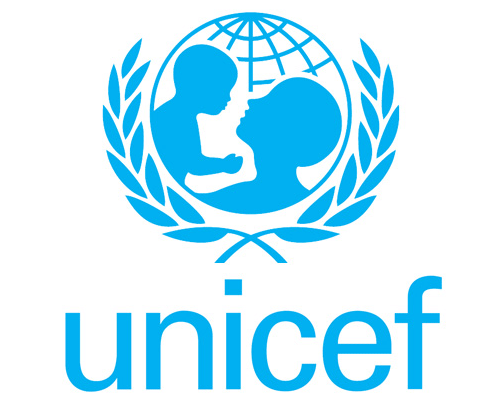
In the wake of the devastating floods that swept through eastern Libya in September 2023, the country faces a new battle: the fight against water-borne diseases. Responding swiftly to this crisis, UNICEF has delivered 20 water disinfection systems and two comprehensive treatment facilities to help mitigate health risks and enhance the quality of drinking water in the region.
The floods, brought on by storm Daniel, left a trail of destruction in their wake, claiming the lives of 11,300 people, displacing nearly 44,800 residents, and damaging over 18,500 homes across 20 municipalities. The aftermath of the disaster saw a significant rise in water contamination issues, primarily due to damage and leaks in the sewage systems. As a result, the region has experienced an alarming increase in illnesses such as diarrhea, cholera, dysentery, typhoid fever, and poliomyelitis.
UNICEF’s intervention comes at a critical time. By equipping several municipalities with advanced water treatment systems, the organization aims to provide immediate relief and long-term resilience to affected communities. This initiative, part of the broader reconstruction efforts, underscores the importance of international support and robust infrastructure in rebuilding and safeguarding communities from future health risks.
The new water disinfection systems are strategically placed on municipal boreholes in towns including Derna, Bayda, Sousse, Derna, and Quba. These systems are designed to purify water by removing pathogens and harmful biological contaminants, significantly reducing the risk of water-borne diseases. This initiative is expected to benefit approximately 65,000 people, including over 19,000 children, by providing them with safe drinking water.
Also made available were two newly installed drinking water plants in the municipalities of Al Mkhili and El Ezzeiat, located south of Derna, are set to play a crucial role in ensuring a continuous supply of safe water. With a production capacity of 30 m³ of drinking water per hour, these plants will support water trucking operations in surrounding areas, guaranteeing reliable access to drinking water for 30,000 people.
UNICEF’s collaboration with the General Company for Water and Wastewater (GCWW) highlights the significance of partnerships in tackling the challenges posed by natural disasters. Together, they have undertaken the installation of the new water treatment infrastructure, a vital step in addressing the immediate need for clean drinking water and preventing the spread of diseases.
As reconstruction continues in eastern Libya, the importance of such initiatives cannot be overstated. The installation of water treatment systems marks a significant step towards restoring normalcy and improving the quality of life for those affected by the natural disaster. By addressing the root causes of water contamination and providing sustainable solutions, UNICEF is helping to build resilience in communities, ensuring that they are better prepared for future challenges.
The impact of these efforts extends beyond immediate relief. By enhancing water treatment infrastructure, UNICEF is contributing to the long-term health and safety of Libyan communities. The organization’s commitment to public health and safety is evident in its swift response and comprehensive approach to addressing the water crisis.
As Libya rebuilds, support from international organizations like UNICEF a crucial time for the country in ensuring that the country emerges stronger and more resilient. The water treatment systems and disinfection facilities are not just a response to a crisis; they are a foundation for a healthier, more secure future for the people of Libya.



